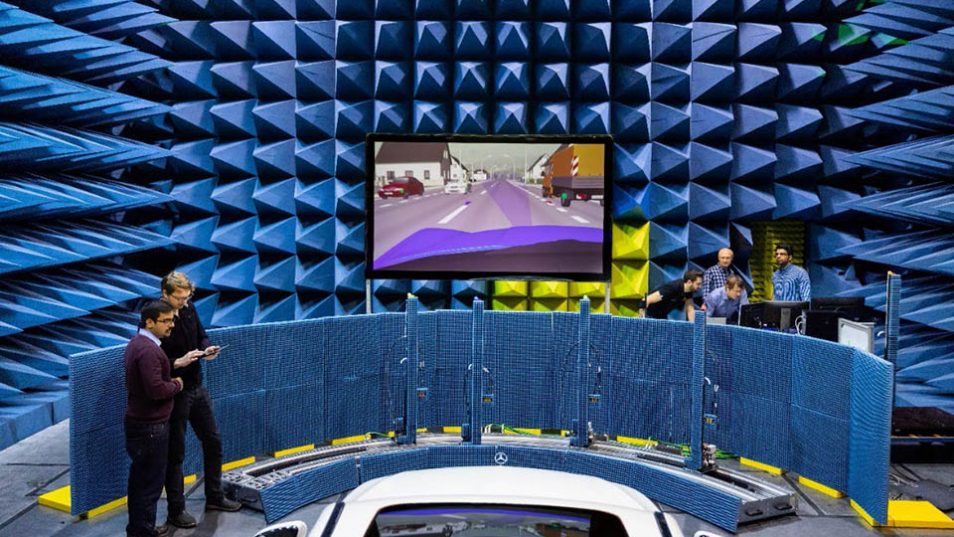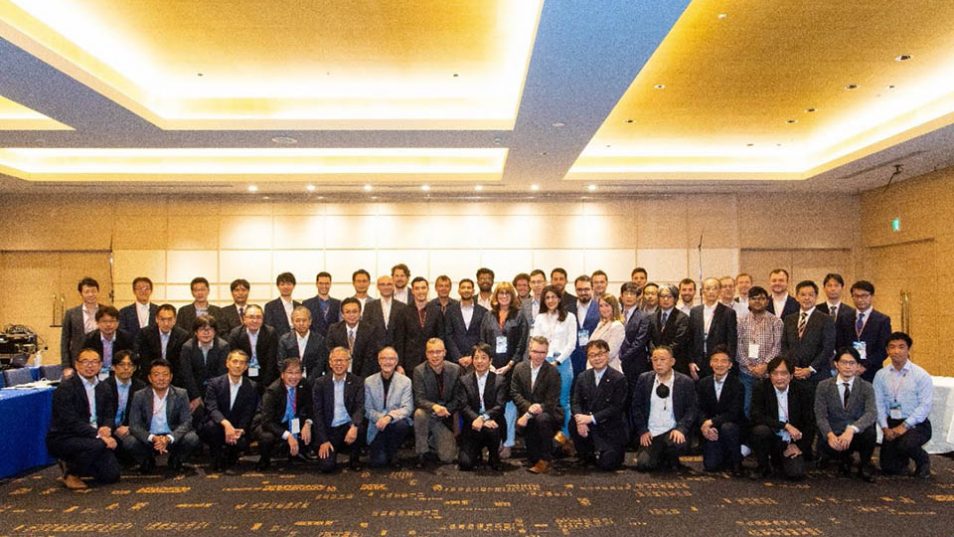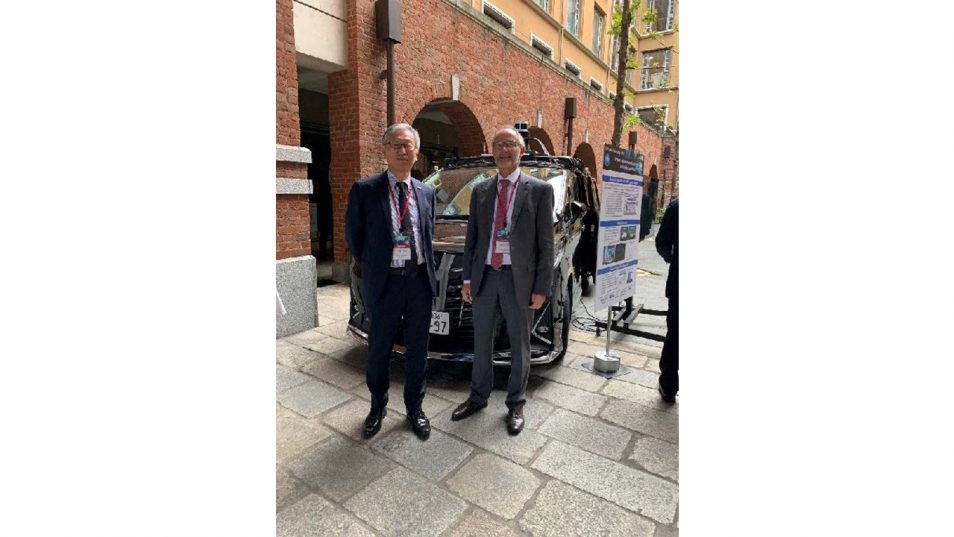German-Japanese Research cooperation in automated and connected driving (VIVID)
 © TU Ilmenau
© TU Ilmenau
How can the safety of connected and automated driving functions be virtually tested, evaluated and guaranteed? This is the key question addressed by the German-Japanese research project VIVID.
Highly automated or even driverless driving is unimaginable without vehicles that offer the highest level of safety at functional and system level.
The objective of the German-Japanese research cooperation in automated and connected driving is to strengthen the exchange of know-how through joint research and development and to use country-specific knowledge for the joint further development of test methods.
Connected and automated driving requires the highest level of safety for the vehicles and their driving functions. Technological prerequisites are comprehensive environment detection based on redundant sensor technology and reliable wireless communication with control centres or other vehicles and road users.

The assurance of safety is a central issue in the development and homologation of automated and connected vehicles. The German-Japanese research cooperation VIVID focuses on scenario-based safety assurance through virtual verification and validation. The exchange of know-how at a precompetitive level contributes to a global harmonisation and standardisation. VIVID addresses the key question: “How can the safety of connected and automated driving functions be tested, evaluated and guaranteed?”.
The project analyses how close to reality simulations of this kind reach in a virtual environment and to what extent they can represent the complexity of field tests. The cooperation provides additional value through commonalities, e.g. through convergence of models and interfaces, and complementarities, e.g. by extending the model portfolio with different achievements and approaches.
The connecting element between the two consortia are six joint topical working groups addressing questions of environmental and sensor modelling as well as the validation of the simulation models. Upcoming research addresses crosscutting, technology-independent and adaptive sensor models, including 5G/6G connectivity and data fusion, as well as seamless interchangeability between toolchains and between virtual and real worlds, supplemented by quality metrics for data-driven modelling. In this way, the global society is able to benefit from safe, clean, and efficient mobility through connected and automated driving in everyday practice.

Information on the project VIVID
Coordinator: Thuringian Center of Innovatin in Mobility at the Technische Universität Ilmenau, R&F and Microwave Research Group Prof. Dr. Matthias Hein matthias.hein@tu-ilmenau.de
Project budget: 4.67 million €, BMBF funding: 3.33 million € plus 0.35 million € flat project fee to participating universities
Project period: 01.10.2020 until 30.09.2023
Contact person funding agency:
Reinhold Friedrich, German Federal Minstry for Education and Research, Department for Electronics and autonomous driving, supercomputing
reinhold.friedrich@bmbf.bund.de
Project partners
• ADC Automotive Distance Control Systems GmbH
• AVL Deutschland GmbH
• Blickfeld GmbH
• Deutsches Zentrum für Luft- und Raumfahrt e.V.
• IPG Automotive GmbH
• Hochschule für angewandte Wissenschaften Kempten
• Karlsruher Institut für Technologie
• Mercedes-Benz AG
• Technische Universität Darmstadt
• Technische Universität Ilmenau
Cooperation partners in Japan (DIVP®)
• Toyota Motor Co.
• Honda Motor Co.
• Nissan Motor Co.
• Kanagawa Institute of Technology
• Biprogy
• SOKEN
• Mitsubishi Precision Company
• SOLIZE Corp.
• Sony Semiconductor Solutions Corp.
• DENSO Co.
• PIONEER Co.
• ADaC Co.
• U-SHIN Co.
• Deloitte
Related information
• Project website VIVID
• Project website DIVP
• SIP-adus Workshop 2022 in Kyoto
The DWIH Tokyo newsletter provides timely information about open calls and events from research and innovation in Germany and Japan: Click here to register for the newsletter in English
